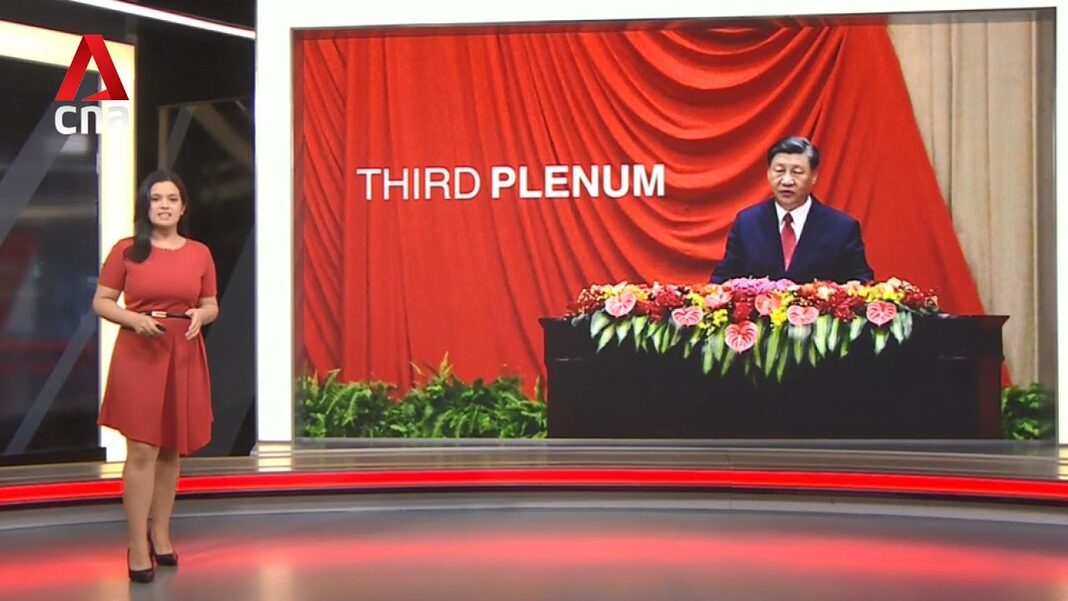For a week in mid-July, the Third Plenum of the Chinese Communist Party’s 20th Central Committee debated the country’s future.
Deriving their names from their occurrence approximately halfway between each Central Committee’s five-year cycle, previous Third Plenums have heralded important changes in the governance of the People’s Republic of China (PRC).
The 11th Central Committee in 1978 saw the opening of the PRC to foreign influence and rapid growth, the demise of Mao Zedong’s planned economy, and the installation of Deng Xiaoping as de facto leader. At the 14th Central Committee in 1993, Deng’s successor, Jiang Zemin, called for the establishment of a socialist market economy by the end of the 20th century and introduced reforms to encourage private enterprise and reform the inefficient state-owned enterprises. The 18th Central Committee in 2013, and the first under Xi Jinping, revised the banking system and modified the draconian one-child policy. The 19th Central Committee in 2018 is best known for abolishing term limits to enable Xi to remain in power for as long as he wishes.
Hence the anticipation of the Third Plenum in 2024. There was broad agreement on the mounting problems facing China, foremost among which are sluggish economic growth, a declining and aging population, high youth unemployment, an estimated $7 trillion to $11 trillion of local debt, regional imbalances, maldistribution of income, and corruption.
What emerged from the closed-door meetings was a 22,000-character document—about 50 pages in English—that reads more like a clichéd paean of praise to Xi than a blueprint for rejuvenation as the official press styled it. Affirming the necessity of “coordinating the promotion of a ‘five-in-one’ overall layout, a ‘four comprehensive’ strategic layout, taking economic system reform as the driving force, and promoting social fairness and justice and improving people’s well-being” does not make it so; advocating both “let it go” and “control it” at the same time does not address the issue of where to draw the line between state control and encouragement of private entrepreneurship.








